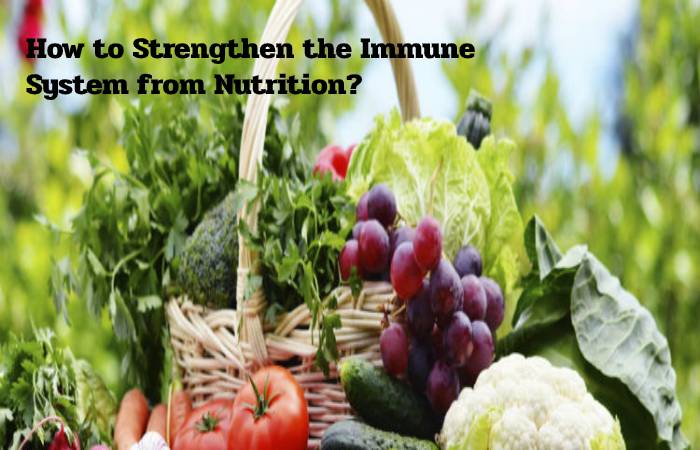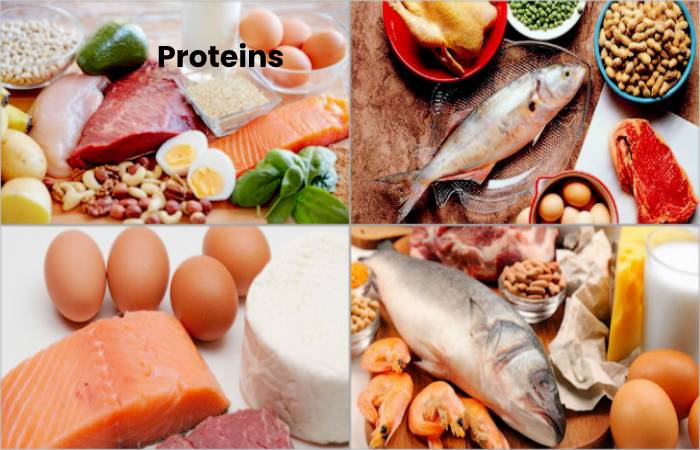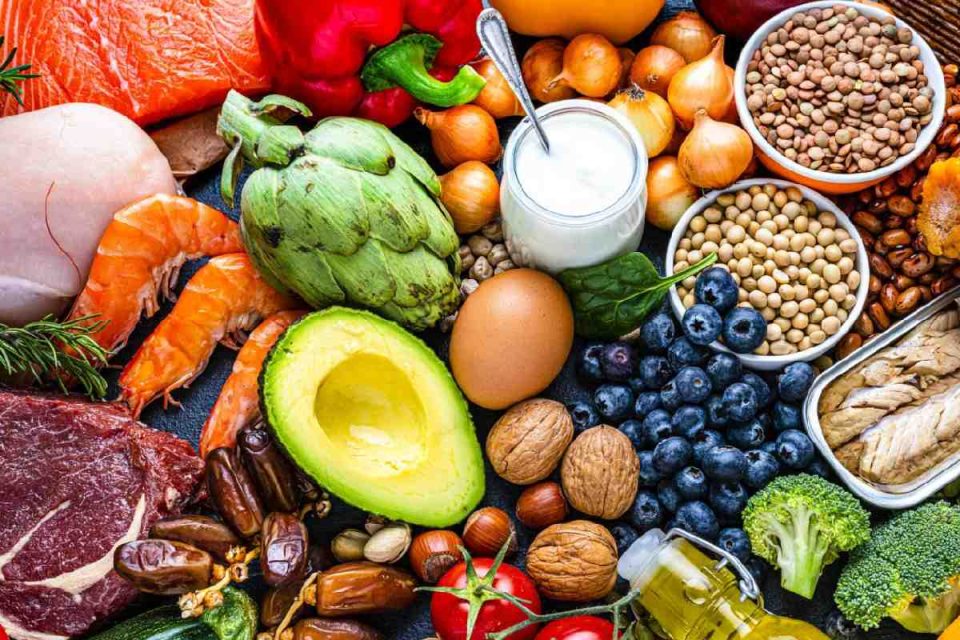Table of Contents
Definition of Immune System
The immune system is a composite link between cells and proteins. Also, it keeps a record of every germ. That recognize substances, mainly disease-causing microorganisms. Such as bacteria, viruses, parasites, and fungi, and defend the body against them.
Its organs and tissues include bone marrow, spleen, thymus, tonsils, mucous membranes, and skin. So the lymphatic vessels of the immune system carry immunocytes, which then converge to the lymph nodes throughout the body. And an inflamed lymph node often indicates an active immune response to a foreign substance. Besides HIV gradually destroys the immune system.
Definition of Nutrition
Nutrition is the process in which organisms the food and fluids necessary for functioning, growth—maintenance of their vital functions. Also, nutrition is also the study of the relationship between food, health. Determine a balanced diet based on the food pyramid.
So as a science, nutrition studies all the biochemical and physiological processes that take place in the body. And proper nutrition consists of eating a variety of foods Limiting and the consumption of certain foods and drinks.
Also, they are controlling the amount of food and calories eaten. As a result, a balanced diet helps reduce cardiovascular risk because it reduces both cholesterol and blood pressure and weight.
How to Strengthen the Immune System from Nutrition?

Nutrition is one of the important to good health. And there are a lot of solutions that people are currently looking for to strengthen it. So to protect themselves from diseases, especially the COVID-19 virus, that has become a worldwide health problem.
However, what many ignore is that proper nutrition is essential to optimize defenses. Some essential nutrients recognize for supporting it.
Proteins

They are necessary to produce antibodies and cells of the immune system. Besides, some of the amino acids that compose them are essential to fuel for cells of it.
For this reason, we must make sure to include a sufficient quantity in each food, especially. Also, they are of high biological quality, such as lean meats, eggs, and dairy products.
Vitamin A

It helps regulate the immune system and protect the body. So it maintains healthy skin and tissues of the mouth, stomach, intestine, and respiratory system.
Vitamin C

It helps develop healthy skin and connective tissue, helping to block the entry of foreign microbes. Vitamin C is also an antioxidant that protects cells from damage caused by free radicals.
Vitamin E

It works as an antioxidant, protecting cell membranes from damage caused by free radicals. It was helping to keep foreign microbes away.
Vitamin D
It helps activate the cells of the immune system and regulate their function.
Zinc
It is necessary for wound healing and cell reproduction. It is essential in the synthesis of new cells of the immune system.
Liquids and Electrolytes For Immune System
Consuming the right amount of fluids (water) and electrolytes like sodium, potassium, and chloride is essential for good health. If you are sick and have a fever, it is necessary to drink more fluids and stay hydrated.
Keep in mind that the people who are at the highest risk of having problems related to the immune system. The adequate amounts of food in their diet do not have access to foods with critical nutrients. It has a health condition that may require additional nutritional support.

